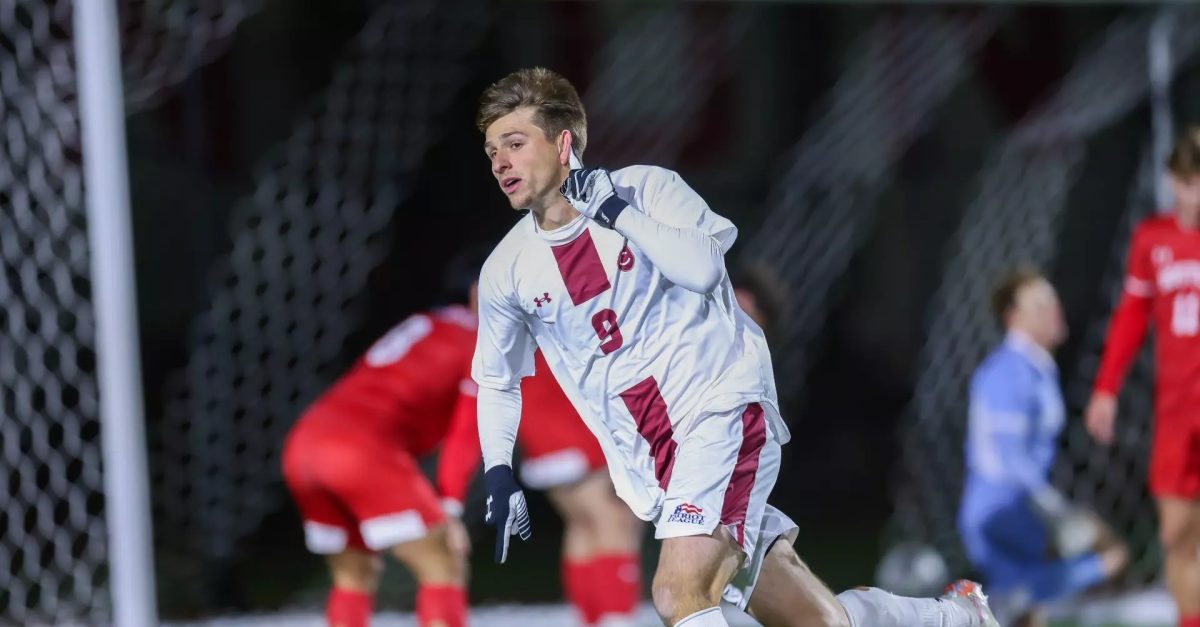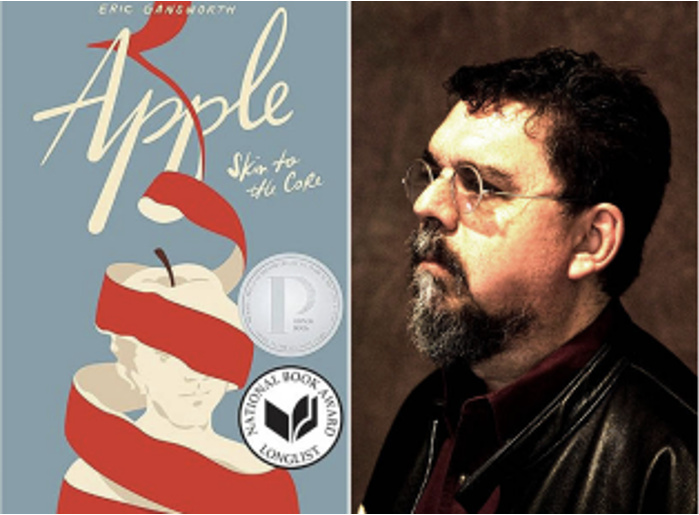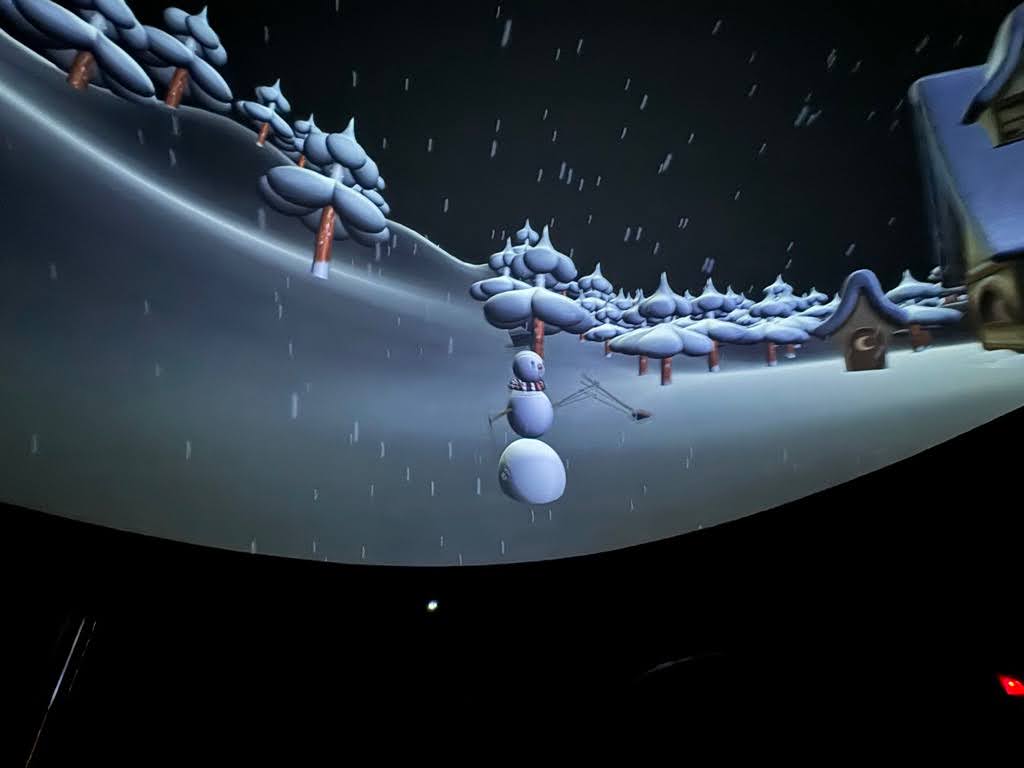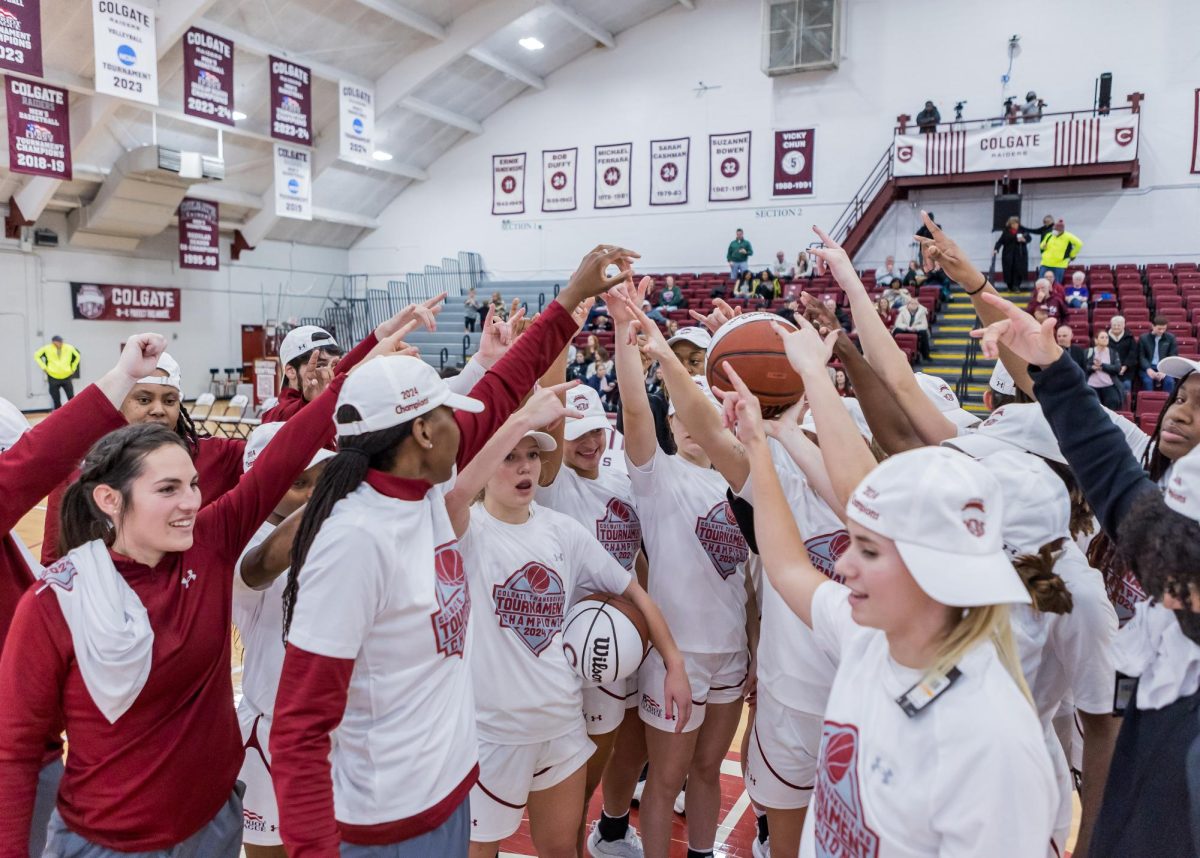As a liberal arts institution, Colgate University offers students the opportunity to explore many different paths and get involved in research that interests them. In fact, 84% of Colgate students participate in research throughout their time at the University. Senior Jackson Kustell has been actively involved in physics research at Colgate for the past few years.
“I got involved by participating in Colgate summer research programs, first during my freshman year summer and again this past summer,” Kustell said. “I applied in February by first speaking to the professor whose research I was interested in and then filling out the form that usually gets sent out around that time.”
Kustell has been working recently with Professor of Physics Ken Segall. Their research centers around the JJ neuron, a circuit developed in 2010 that was able to act very similarly to a biological neuron. The circuit is named after the Josephson junction component, which it utilizes. The JJ neuron can even reproduce biological neuron functions such as firing thresholds, action potentials and refractory periods. Kustell is researching applications of the JJ neuron in areas such as artificial intelligence and graph partitioning.
“Over the past eight months, I have been working on a JJ neuron-based circuit which finds the maximum value of 10 inputs in under 20 nanoseconds,” Kustell said. “This circuit demonstrates how we can use the JJ neuron as the basic component for an innovative type of computer architecture — distinct from the way modern computers are typically constructed.”
Kustell outlined his research process as having three main components.
“You begin with a motivation, question or problem and a proposed solution,” Kustell explained. “You then investigate past literature related to your question. You test your proposed solution and inevitably run into problems with that solution. [Then] you record what you see which generates new questions.”
Kustell enjoys working with physics at Colgate mainly due to the physics department community, which offers him amazing opportunities to find mentors and connect with professors. It’s also easy to make friends within the department as the graduating class of physics majors is quite small each year.
Kustell didn’t always know he wanted to study the JJ neuron. At first, he joined a lab based on his interests in computer science and artificial intelligence.
“I think the research topic chose me. I was motivated to join Professor Segall’s lab because of my fascination with artificial learning and novel computer architecture, my love for computational work and optimization and my desire to learn more about the neuron,” Kustell said. “Once I joined, I found this research topic that allowed me to pursue these interests while furthering the goals of the lab.”
After graduating from Colgate, Jackson plans to pursue a PhD to continue this type of research professionally.















